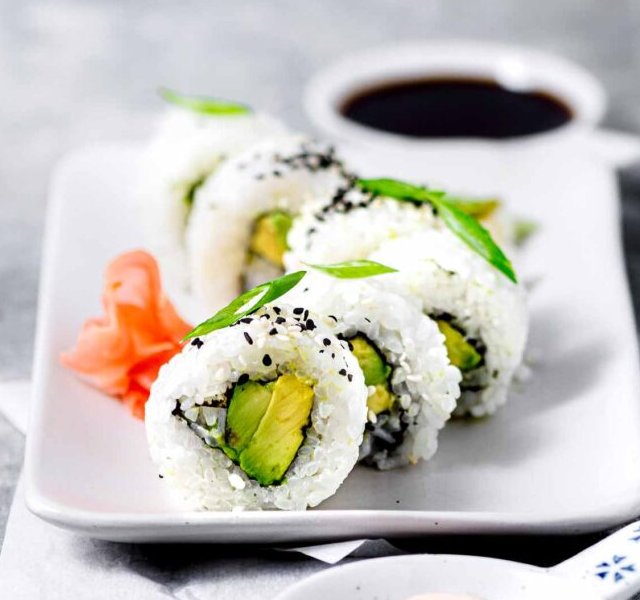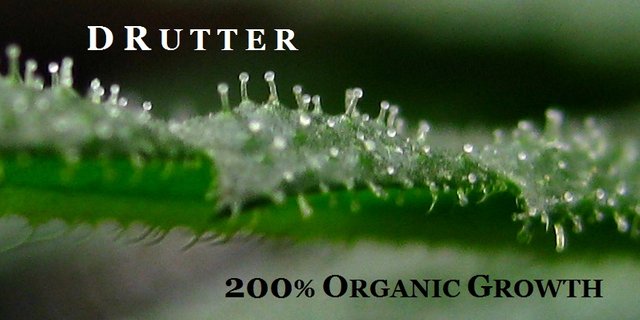Vegans Might Not Get Enough Of These 11 Nutrients
Adopting a vegan diet can be incredibly beneficial for you, for the other animals, and for the planet. But if not done with a keen understanding of nutrition, there can be negative consequences for your health, especially involving the following 11 nutrients.
Introduction
Many vegans are unaware of - or afraid to admit - the fact that dietary veganism can make it challenging to get optimal amounts of certain essential nutrients. I've been vegetarian for over a decade, including a few years of strict veganism. After many years of research, I now recognize that animal flesh and eggs do contain certain nutrients that are challenging to get from a diet without them.
But all animals ultimately got their nutrients from plants (and bacteria), whether they ate the plants directly (like cows), or they ate other animals who ate the plants directly (like cats). Plants turn carbon dioxide in the air into sugars, convert minerals in the soil into bioavailable forms we call the vitamins, and produce all the amino acids we need to make every protein in our bodies. They even generate all the oxygen in the air, which is required for our survival. For hundreds of millions of years, plants covered the Earth, with animals only showing up later.
I summed it up in the following graphic:

This means all the essential nutrients, even for primates like us, can be obtained directly from non-animal sources. With diligence, knowledge, and a bit of help from modern technology, if a person wants to avoid all animal products in their diet, they can still survive and thrive. It's possible to be sustainably vegan and completely healthy. It just takes some information and effort.
Here are 11 nutrients that can be difficult to get in sufficient quantities if you don't eat meat, dairy, or eggs. Next to each are a few of the best sources in commonly available non-animal foods.
- riboflavin aka "vitamin B2" (almonds, mushrooms, yeast)
- cobalamin aka "vitamin B12" (nutritional yeast, shiitake mushrooms, nori seaweed, fermented foods like tempeh)
- iron (nuts, seeds, soy/tofu, prunes, apricots, legumes, spinach, kale, cabbage, broccoli)
- zinc (mushrooms, grains, nuts, seeds, legumes)
- calcium (bok choi, broccoli, soy/tofu, almonds, sesame, butternut squash, collards, kale, chickpeas)
- cholecalciferol aka "vitamin D3" (mushrooms, lichen, sunlight on the skin)
- omega 3 fatty acids (flax seed, hemp seed, pumpkin seed, chia seed, soy/tofu, algae)
- iodine (plants grown in rich soil, seaweed)
- selenium (nuts, grains, mushrooms)
- choline aka "vitamin J" (oat bran, wheat bran, avocadoes, bananas, oranges, navy beans, prunes, soy/tofu, peanuts)
- high density lipoprotein aka "good cholesterol" (whole grains, flax seed, avocado, legumes)
Notes
Iron is more easily absorbed either when it comes from an animal source (called "heme iron"), or when taken with vitamin C (citrus, peppers, broccoli). Some plant foods (like spinach) contain phytic acid, which inhibits iron absorption.
β-Alanine is an important amino acid not found in plant or fungi sources. It is a precursor for carnosine, another amino acid, which is important for muscle growth. β-Alanine can be synthesized in the liver, so it's not necessary to get it from our diet, although vegans tend to have lower levels in their muscles than non-vegans. Creatine and taurine also fall into this category.
Some of the above nutrients (like vitamin D, omega 3s, iodine, B vitamins, and others) are commonly deficient in meat-based diets as well, and are usually fortified in common products like table salt, cereals, juice, etc. Many people (not just vegans) take supplements to ensure they get enough of these nutrients.
Vegan superfoods
Given the above list, vegans looking to avoid deficiencies would be wise to regularly involve the following foods in their diet:
- green vegetables (broccoli, spinach, kale, cabbage, collards)
- fruits (bananas, oranges, prunes, apricots, avocados)
- legumes (peas, beans, lentils, chickpeas, soy/tofu)
- mushrooms (white, crimini, shiitake)
- nuts (peanuts, walnuts, almonds)
- seeds (flax, hemp, sunflower, chia, pumpkin, sesame)
- whole grains (oat, quinoa, rice, wheat)
- nutritional yeast
- fermented foods (soy/tamari sauce, natto, miso, tempeh)
- seaweed such as nori

(This image of an avocado roll displays 6 of the vegan superfoods - nori seaweed, avocado, rice, fermented ginger, sesame seeds, and soy/tamari sauce.)
These vegan superfoods are very healthy for everyone, but especially important for those of us who prefer to cut back or abstain from animal products. Whatever we personally choose to eat - and not eat - we can upgrade our diet to improve our health and prevent illness.
DRutter
